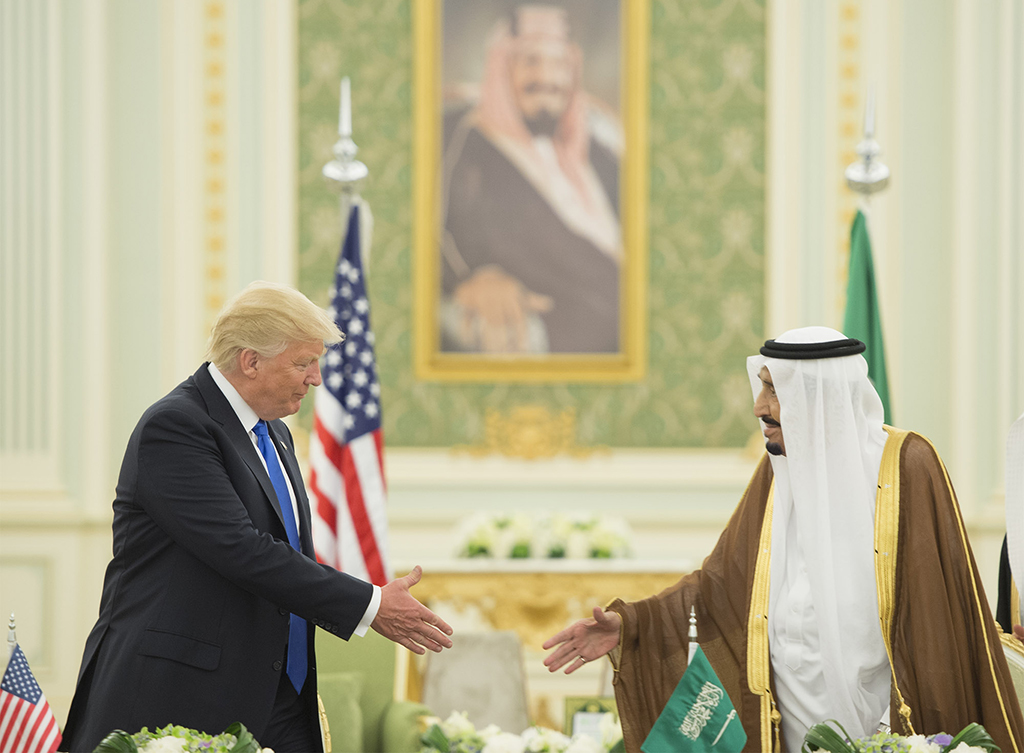
Loss of flexibility in Saudi foreign policy
The new Saudi administration changing King Abdullah's 'engagement to the world' policy isolates Saudi Arabia in the region and risks its position in global balances
Share
After King Abdullah came to power, Saudi Arabia experienced serious reforms in foreign policy as well as in domestic politics. King Abdullah pursued a more pragmatic, rational and economy-oriented foreign policy. He declared that the "Saudis cannot remain the same while the world changes" and built up a regional and global network in order to develop bilateral and multilateral relations with countries all around the world in all areas by scattering dependencies.
The diversification and opening in foreign policy was stopped as a result of the shift in regional balances and the leadership change. The Arab Spring, one of the main events that shook the regional balances, dramatically changed the foreign policy priorities of Riyadh. In this regard, the Saudi administration had to take measures against the wave of the Arab insurgencies. What is more, as soon as King Salman came to power in 2015, he changed the leadership cadres in the decision-making bodies. His son, now Crown Prince Muhammad Bin Salman, and his associates, mainly consisting of younger princes, began to take initiatives that would have drastic impacts in the Saudi foreign policy.
The new domestic and regional atmosphere compelled the Saudi administration to take initiatives in regional issues. Nevertheless, Riyadh has lost the flexibility to pursue the expected diversified foreign policy due to its vulnerability. There are several reasons for the loss of flexibility.
First, Saudi Arabia began to face serious economic problems. On the one hand, oil prices decreased and, on the other hand, the cost of armament increased dramatically. Furthermore, in the last year of the Obama administration, the U.S. threatened the kingdom, claiming that Riyadh was involved in the 9/11 terrorist attacks and asked for compensation. Eventually, with a final operation against its leading businessmen, Saudi Arabia took actions against national economic actors for the first time. So far, petro-dollars were the most effective instruments of pacifying any potential opposition. Today, it is used as an instrument to crackdown on the business world, and potential investors will hesitate to invest in the Kingdom.
Second, there are no other Arab states in the region that may alleviate the Saudi burden. The last wave of internal and regional events weakened potential supporters Egypt, Iraq, Syria, Yemen and Libya. In contrast, the bill will increase, due to the country's interventions in other regional crises. Since it cannot depend on other Arab states, it has to cooperate with Western countries and Israel. However, the cost of this cooperation has risen, too. Today, the Saudi administration continues to depend upon the support of global powers to maintain its sovereignty, national identity and regime security.
Third, rapidly changing global balances and the rise of anti-Islamism in the West has attracted foreign intervention into Saudi politics. Saudi Arabia has been accused by many Western actors of being the hotbed for radical Salafi and Wahhabi organizations. Therefore, Riyadh has to show the West that it does not support radical groups. The kingdom had to determine its foreign policy orientation according to the stance of global powers towards both regional and global developments. In light of this, it can be said that Saudi Arabia has no other choice but to execute the regional plan designed by the Trump administration.
Fourth, the new Saudi administration has created too many enemies both in domestic and regional settings. The struggle for the consolidation of power is too risky. Not only is the al-Saud family divided, but Saudi society is also now more divided than ever. Considering the rapid changes of partners during this transition period, the kingdom may find itself lonely in the region and divided domestically.
Recent political operations in the kingdom are indications of a new period stemming from the changes in the country's political and diplomatic orientation. There will likely follow a major watershed in Saudi politics. Considering its large population, vast geography and rich natural resources, it is clear that Saudi Arabia will continue to remain as a significant Middle Eastern country in geopolitical and geo-economic respects; nevertheless, it has to be careful not to further marginalize fellow regional states, as it may find itself isolated, internally divided, and with more weight on its shoulders than it can carry.
[Daily Sabah, 22 November 2017]
Tags »
Related Articles






